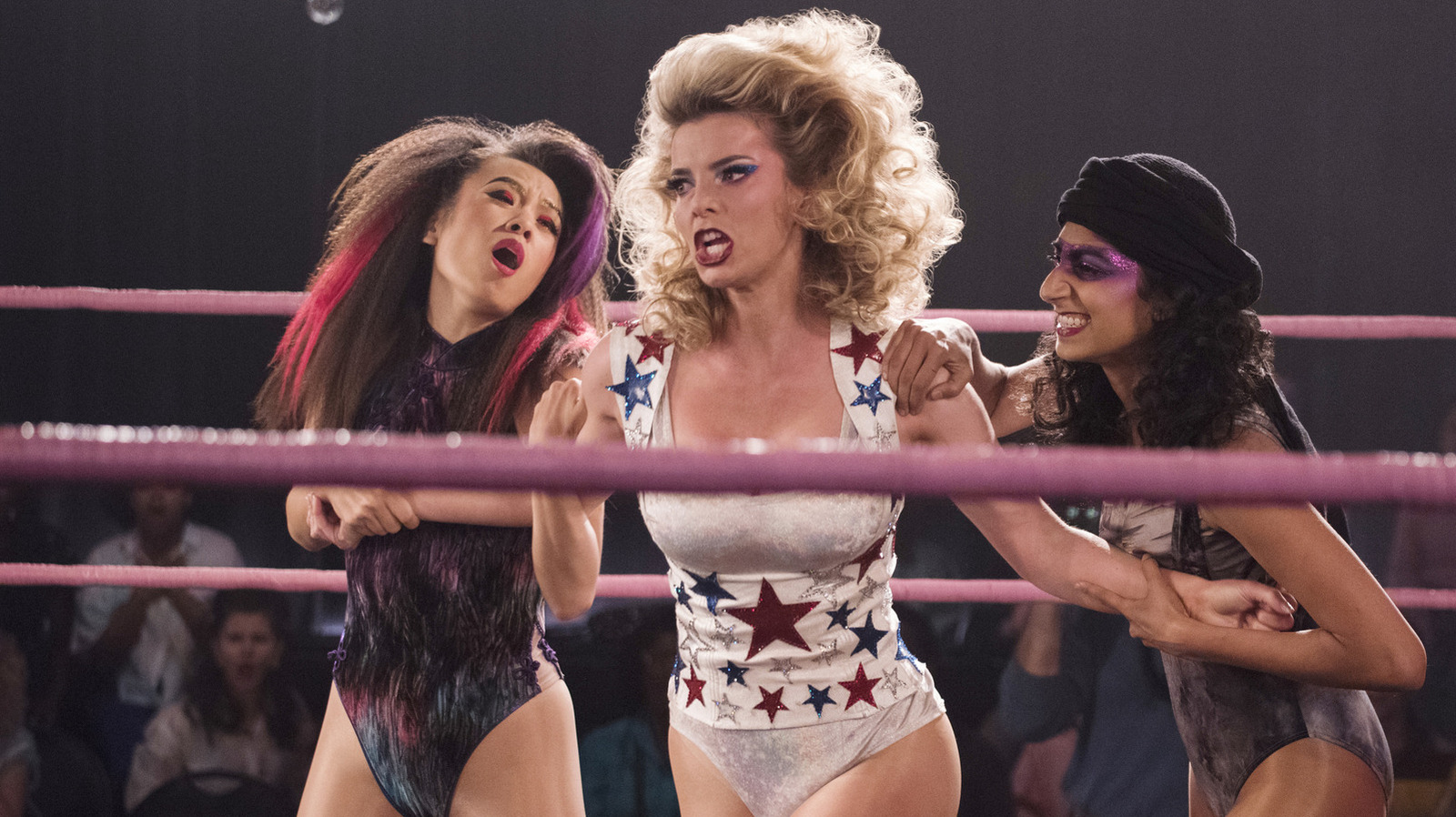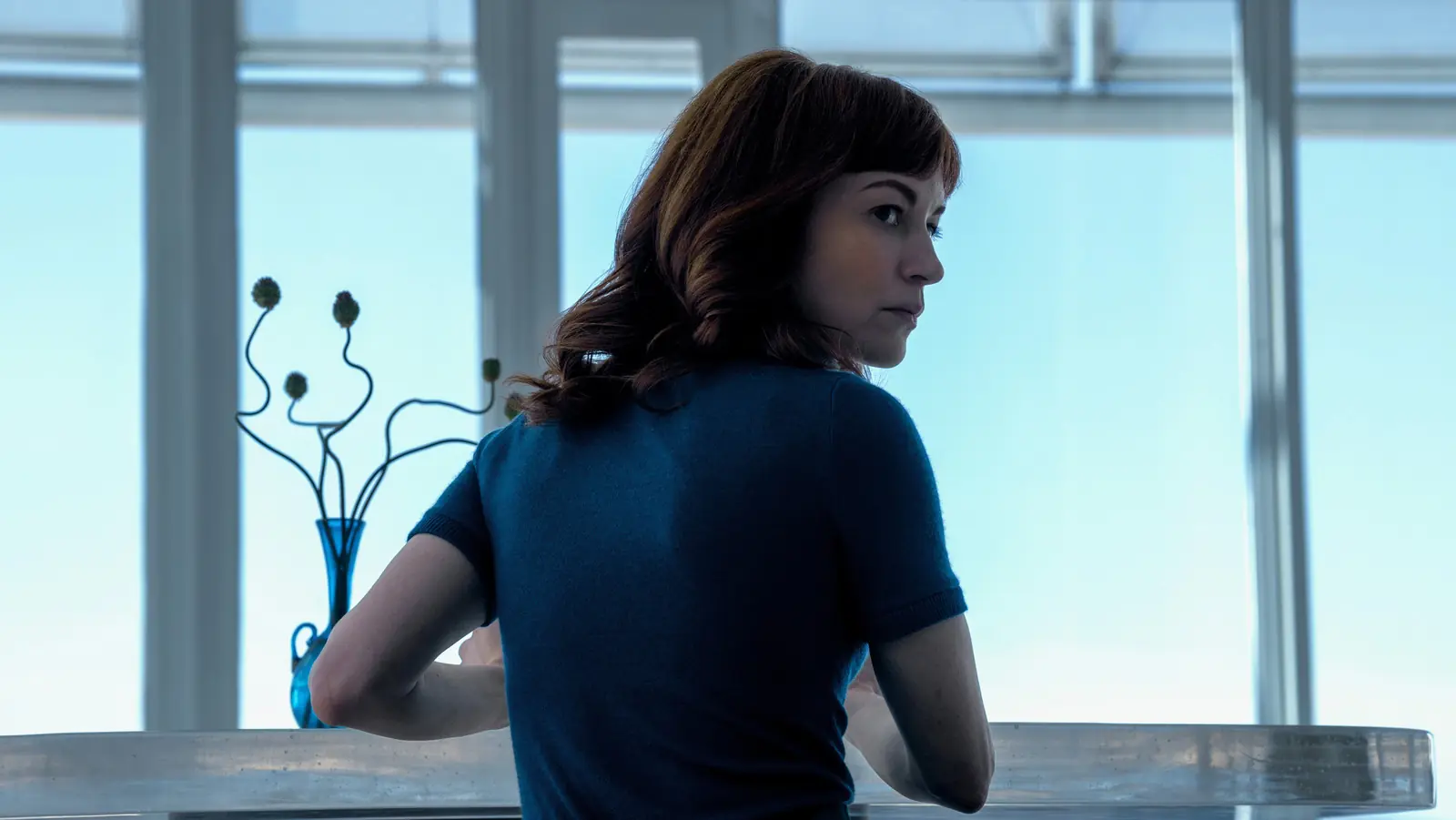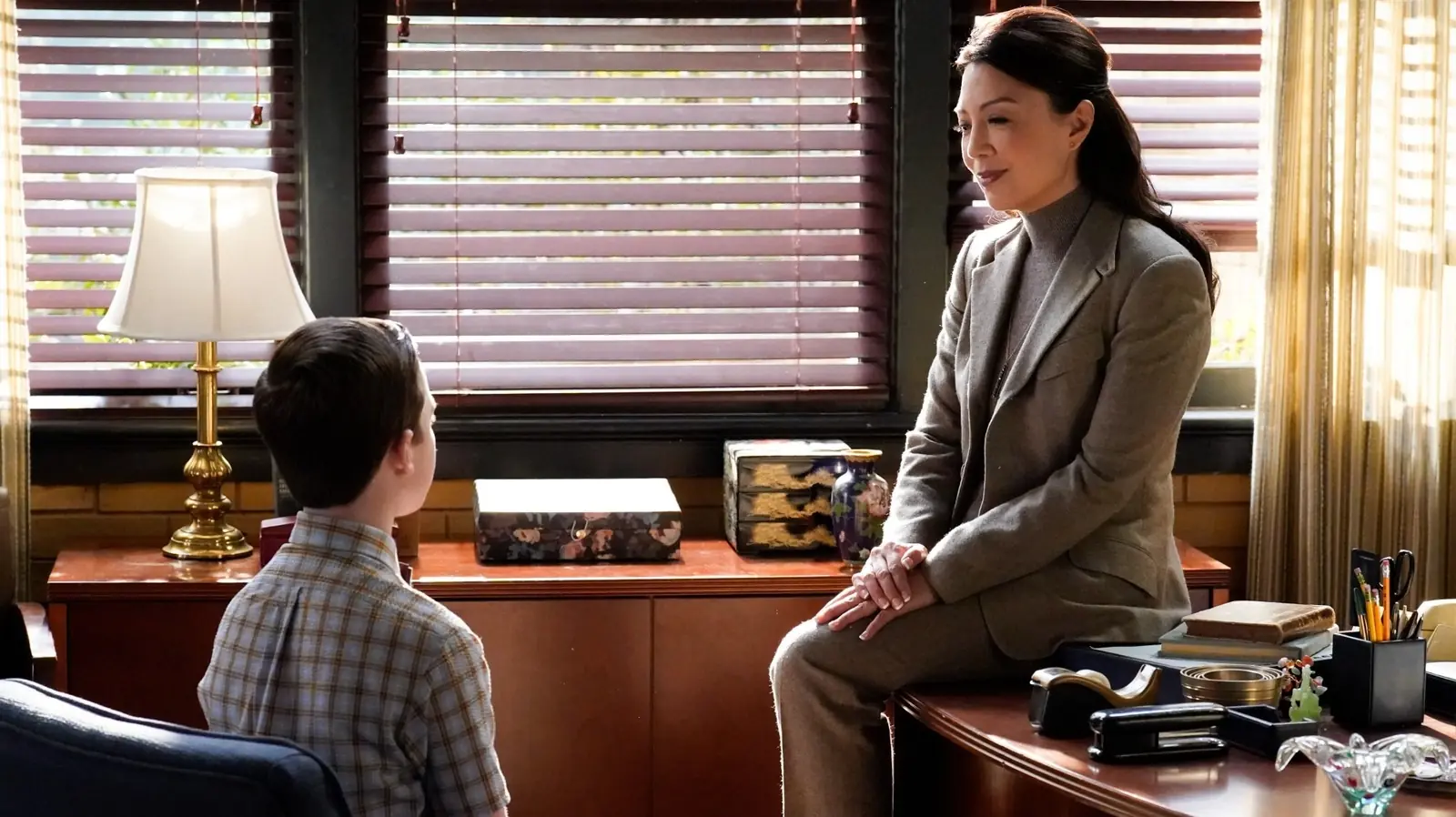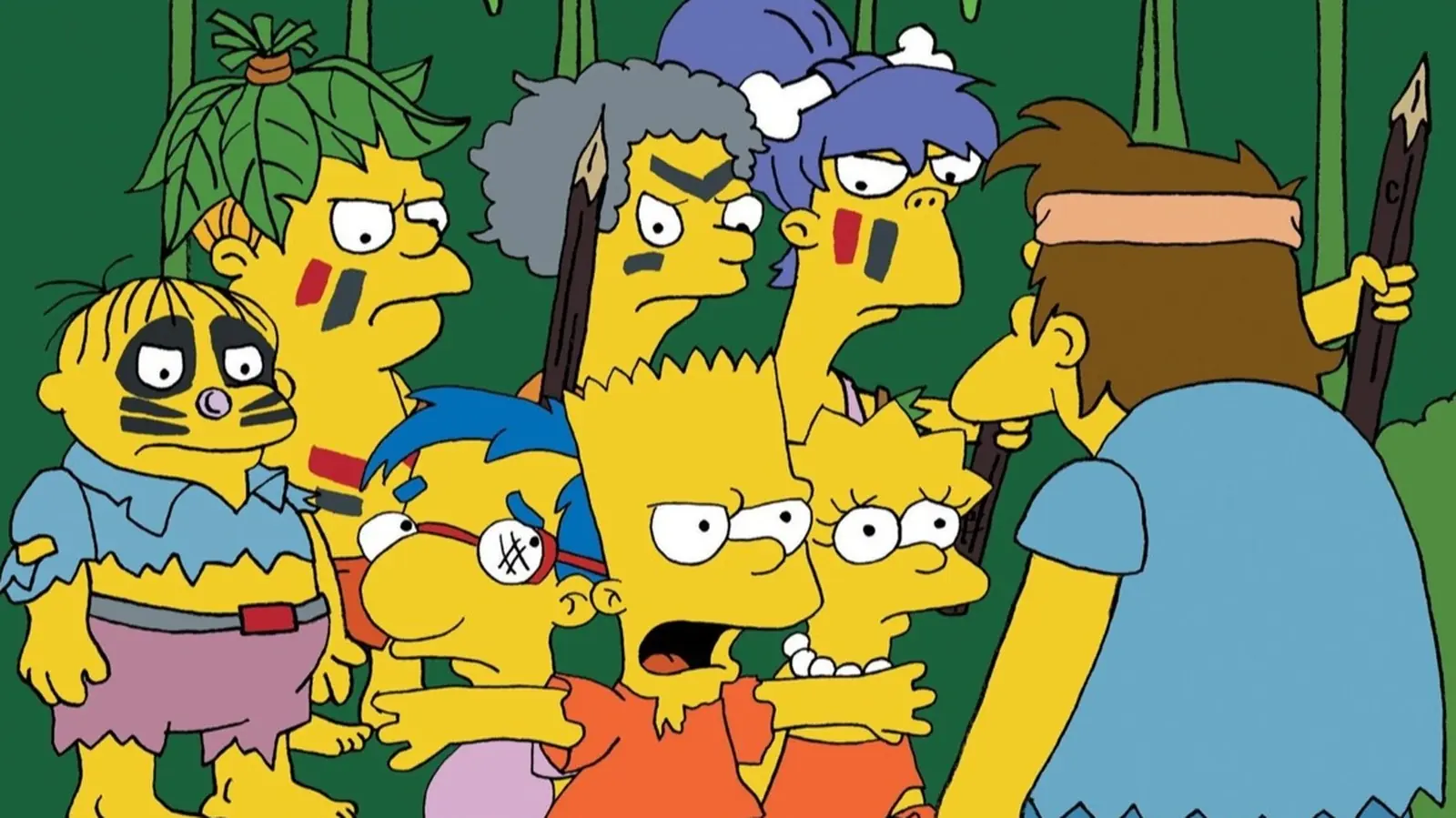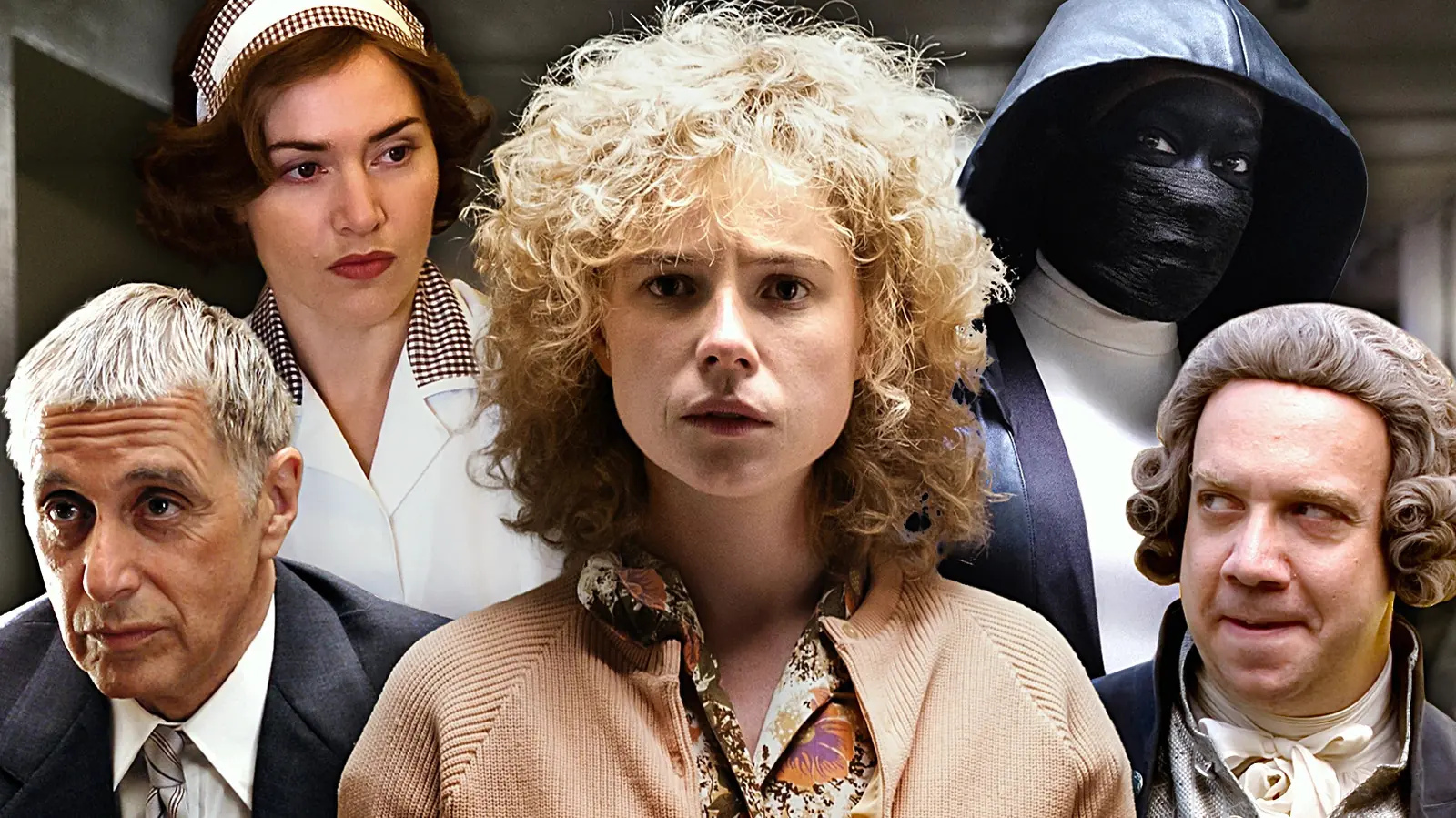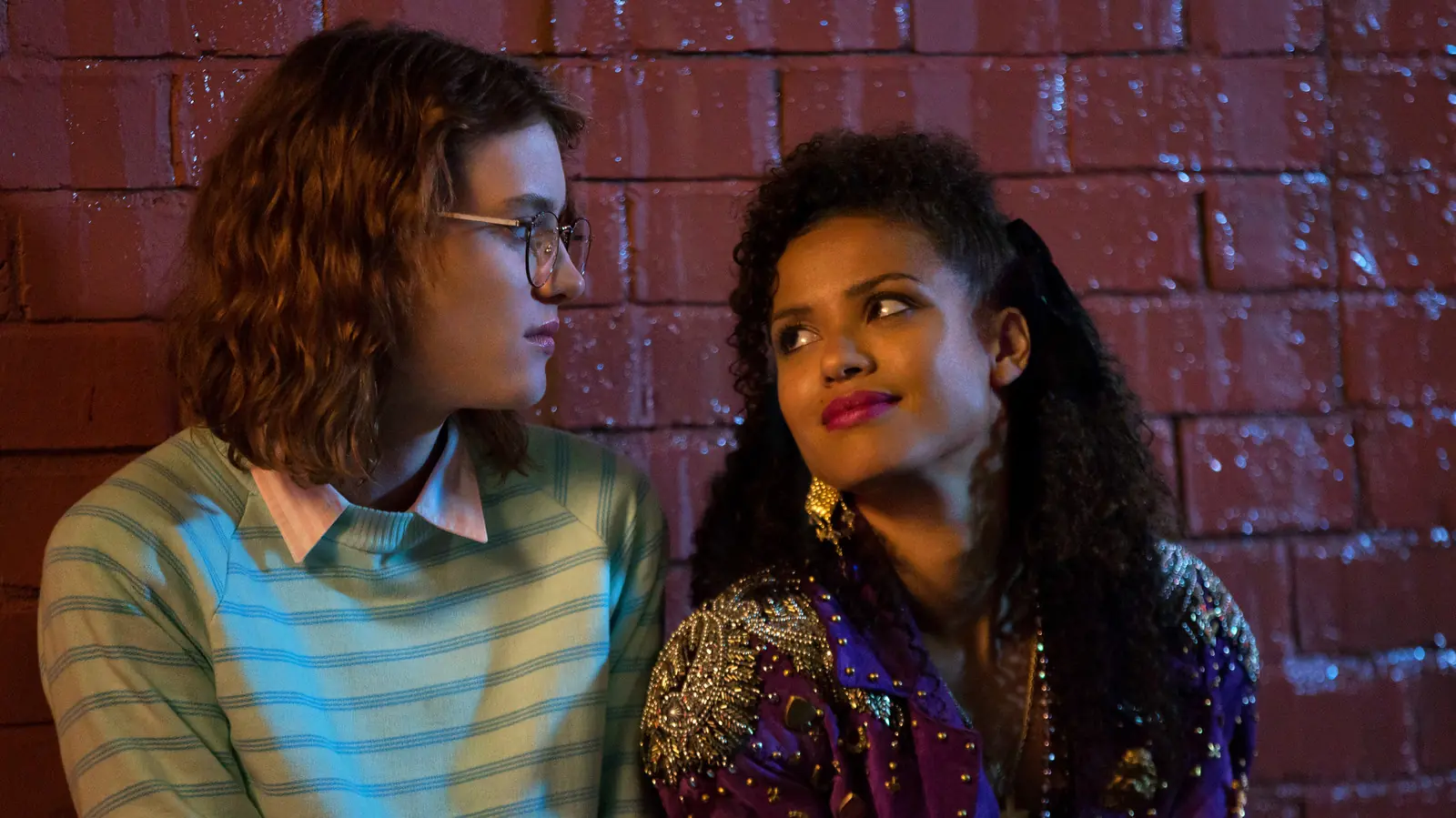In a move that sent shockwaves through both fans and critics alike, Netflix made the unprecedented decision to cancel “GLOW” after three successful seasons. The series, a richly imagined and deeply fictionalized portrayal of the real-life Gorgeous Ladies of Wrestling, earned a devoted fanbase and critical acclaim. Yet, despite its success and popularity, the show met an untimely end, leaving viewers and cast members grappling with a sense of unresolved closure.
“GLOW” captured the spirit and struggles of a diverse group of women entering the male-dominated world of professional wrestling in the 1980s. Infusing humor, drama, and heartfelt moments, the show not only paid homage to the colorful backdrop of the professional wrestling scene but also delved into the personal stories and challenges faced by the women who dared to step into the ring.
The series was lauded for its impeccable writing, captivating performances, and its nuanced approach to depicting the diverse experiences of its characters. Each episode brought to the fore a blend of the vibrant theatrics associated with wrestling and the quiet complexities of personal growth and empowerment. The rapport among the cast was palpable, with each character contributing to the narrative tapestry that “GLOW” wove so adeptly.
Despite its growing acclaim, the announcement to end “GLOW” came as a surprise to many. Initially, the show was renewed for a fourth season, but the unforeseen onset of the COVID-19 pandemic created significant production challenges that ultimately led to its cancellation. Safety concerns and the complexities of filming amid a global health crisis hindered the production process, making it difficult to adhere to the safety protocols necessary during that period.
Netflix’s decision to cancel reflects the broader challenges faced by many productions during the pandemic. With rigorous testing protocols, social distancing mandates, and restrictions on large gatherings, producing a show like “GLOW,” which involves elaborate wrestling scenes and ensemble casts, became a logistical nightmare. The need to film within the confines of a closed set further complicated matters, affecting the feasibility of continuing the series in its envisioned capacity.
Furthermore, “GLOW” was a show that relied heavily on the physical interactions and exuberant performances that wrestling entails. This reliance made it particularly susceptible to delays under pandemic conditions. The very elements that contributed to the uniqueness of the show now stood as barriers to its continuation in an altered media landscape.
The cancellation has left the storyline incomplete, with many narrative arcs unresolved. Fans lament the absence of a concluding chapter that would have granted closure to the beloved characters and their journeys. With only a few episodes of the fourth season having been filmed, viewers are now left to speculate on the potential developments that could have unfolded for their favorite wrestlers.
Addressing the cancellation, both the cast and creators expressed their disappointment, acknowledging the generosity of the fans who stayed dedicated throughout the show’s journey. They highlighted the enriching experience of being part of a story that, while fictional, was grounded in real events and infused with authenticity and respect for its source material.
Alison Brie, who played the series’ lead character, Ruth “Zoya the Destroya” Wilder, voiced her own sadness over the show’s abrupt end. In interviews, she shared how significant her role and the show had been to her, both personally and professionally. Her attachment to the characters, and the collaborative spirit fostered by the cast, remained evident as she encouraged fans to cherish the existing episodes and celebrate the impact the show has made.
Marc Maron, who portrayed Sam Sylvia, the director and often reluctant mentor to the wrestling troupe, also conveyed his thoughts on the cancellation through social media. Acknowledging the unique nature of the show and the camaraderie that developed among the cast and crew, Maron expressed hope that a form of closure might still be possible. He proposed the idea of a movie adaptation or a special to wrap up the storyline, offering a glimmer of hope to fans longing for one last hurrah.
While there has yet to be movement on the idea of a conclusive project, the call for a fitting end to the “GLOW” saga resonates with both the cast and the audience. The suggestion highlights the broader appreciation for the narrative and emotional arcs that “GLOW” championed. It speaks to the broader cultural significance of the show—a testament to the empowerment of women and the celebration of their strength and resilience in traditionally male spaces.
For many, “GLOW” was more than just a show about wrestling. It was an inspiring tale of perseverance, friendship, and the courage to defy stereotypes and societal expectations. It portrayed a group of women as powerful and multifaceted, their successes and failures each carrying its own narrative weight. The show served to remind audiences of the importance of representation, diversity, and the countless stories in history that remain untold.
Despite its cancellation, “GLOW” leaves behind a legacy, not only in its portrayal of the vibrancy of the wrestling world but in its unique contribution to the broader television landscape. It continues to spark conversations about gender norms, inclusivity, and the power dynamics that persist in media and beyond. The conversations it has sparked will likely endure, inspiring both future creators and viewers.
In the shifting sands of entertainment, where industry changes and uncertainties are constants, the impact of “GLOW” is palpable. It stands as a reminder of the delicate balance between creative ambition and the constraints of reality, a modern parable of art interrupted by circumstance.
As fans come to terms with the absence of “GLOW,” they celebrate what made it extraordinary—the laughter, the heartache, the triumphs, and the shared human experience. And while the final bell may have rung on their screens, the spirit of “GLOW” continues to resonate, an indelible impression on the hearts of those who stepped into the ring with the Gorgeous Ladies of Wrestling.

